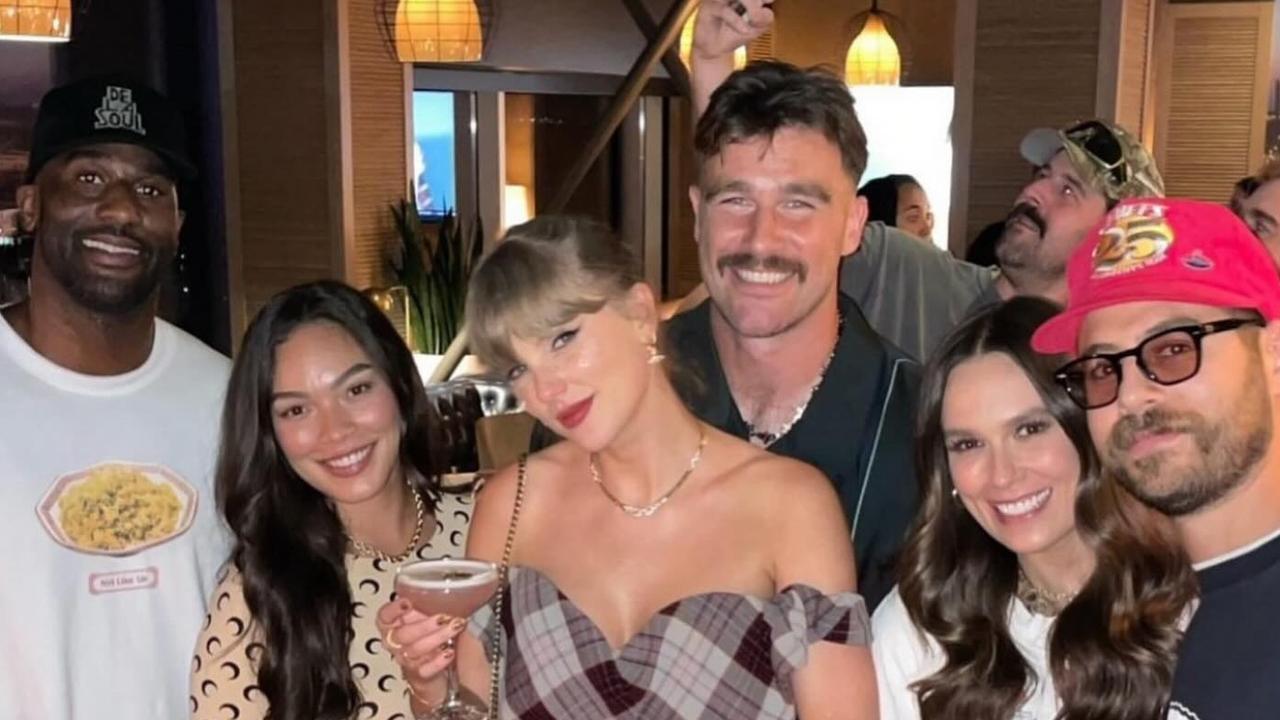‘Squelching wetly’: How Stranger Things raised the bar for accessible entertainment
These “gross” subtitles have got fans squirming in their seats whether they can hear or not and Twitter is loving it.
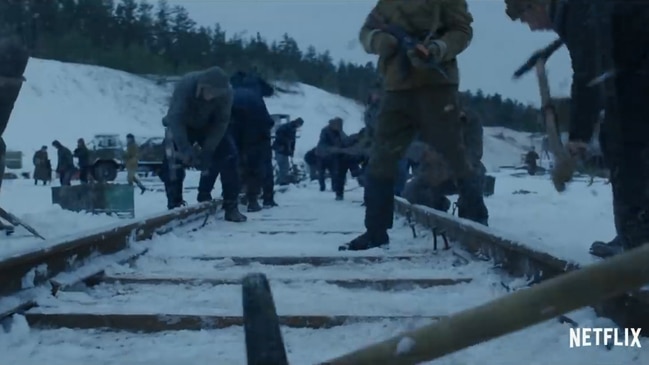
Entertainment
Don't miss out on the headlines from Entertainment. Followed categories will be added to My News.
Netflix’s fourth season of Stranger Things has got Twitter raving – not about the plot, but about the visceral descriptiveness of its closed-captions.
Yep, their subtitles have made fans of all or no hearing abilities cringe and squirm, with some saying they might even be too descriptive.
Stream more entertainment news live & on demand with Flash. 25+ news channels in 1 place. New to Flash? Try 1 month free. Offer ends 31 October, 2022 >
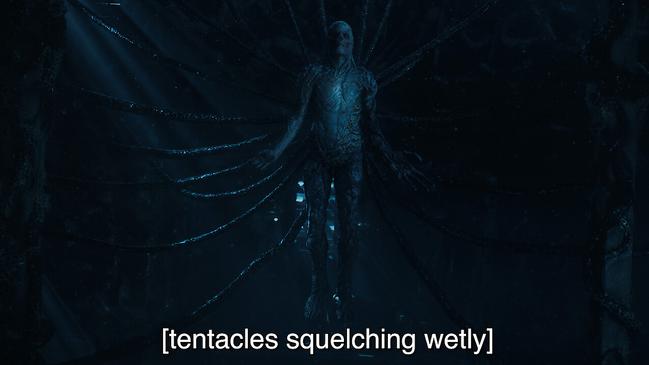
But for the deaf and hard of hearing community, it’s propped up the bar higher than ever before for audio-descriptive story telling.
Chrissy wake up … everything is wet, moist and writhing
Fans have taken to social media to share both their love and discomfort at vivid captions which not only transcribe the dialogue, but also describe actions and sounds like “tentacles undulating moistly”, “fissure writhing wetly” and “eldritch gurgling”.
Every time Netflix puts something "wetly" in the subtitles I am 1000% more grossed out. #StrangerThings
— Watching TV & Waiting For SKZ (@ashmor14) July 18, 2022
The super-descriptive captions have added a new layer of horror to a series that already has jarring content that has lifted the thriller genre.
And hard of hearing fans are ecstatic to experience watching the show in such an immersive way.
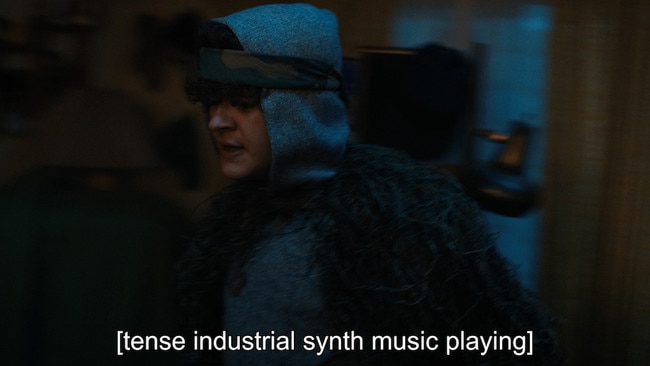
Event manager for Gehenna Gaming, Ellie Collins, took to Twitter to praise the quality of the show’s subtitles, especially for people who are hard of hearing like her.
“I’m glad everyone is loving the Stranger Things subtitle team because y’all, that’s what they should be,” Collins said.
“Those of us that are hard of hearing or deaf deserve better than the lazy sh*t subtitles have been for so many years. This is what we should expect for accessibility.
“[Wet noises] is fine I guess, but [footsteps squelching loudly] actually lets me have the same experience as people with better hearing.”
as a deaf person my favorite part of stranger things season 4 is the subtitles constantly talking about synth music
— juniper 🌻 (@jgw120) July 19, 2022
Subtitles a game-changer
And the sheer descriptiveness of the Stranger Things series’ subtitles has revolutionised the watching experience for viewers who can hear just fine, with many fans saying that viewers “must” watch with subtitles on to experience the full “magic” of the show.
i can’t believe there are people out there who don’t put subtitles on, and didn’t get to witness the magic of stranger things 4 ending in [dire chorus vocalisations]
— ✨.::*!Lucy Watson!*::.✨ (@shesgonestella) July 18, 2022
“The non-dialogue subtitles on Stranger Things go above and beyond,” Chrissy Derbyshire, who was diagnosed with ADHD, said in a Twitter post.
“My favourites so far have been ‘sinister musical sting’, ‘intense synth music increases’ and ‘wet squelching’.”
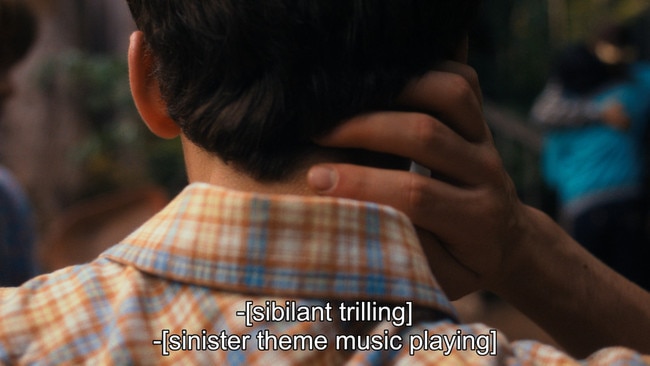
“Guys … I know this is fairly common knowledge, but the onomatopoeia subtitles in #StrangerThings are spectacular,” Kyle Donnelly added in a post.
The team behind the magic
It’s by no accident that the Stranger Things subtitles have got all manner of fans squirming in their seats, as Jeff T, author of English subtitles for the Deaf and hard of hearing for the show, revealed.
Speaking to Netflix’s Tudum, Jeff T said building a highly immersive auditory component was “crucial to the effect of this season”.
“We wanted to try to accurately reflect that in our subtitles for the Deaf and hard of hearing because this is their primary avenue for access to those sensory inputs,” he said.
“I’m extremely online, and I saw people were like, ‘Why is everything wetly?’ And then, I saw a comment that was like, ‘God, if they put moistly in …’ and I was like, ‘Well, bad news for you.’”
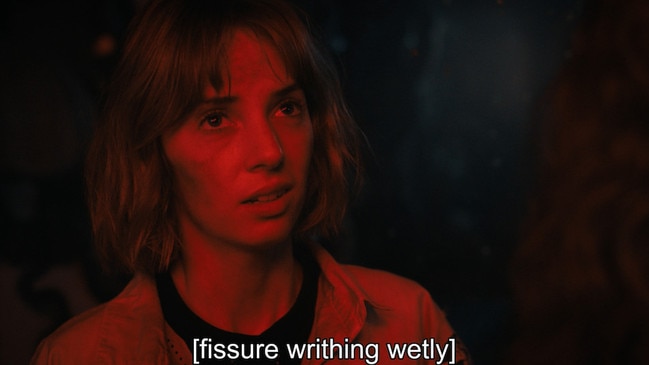
The sensation of discomfort was exactly what Jeff T and fellow subtitle team member Karli Webster were aiming to elicit.
“It’s hilarious the response that those types of words have received. You see people who have this weird, uncomfortable feeling towards the word moistly, but that’s the feeling that we want people to feel in that moment,” Ms Webster added.
“It is an uncomfortable sound.”
Accessibility at the heart of change
But while the latest season of the popular show have broadened the horizon for what is capable through subtitled storytelling, Ms Webster reminded that ensuring captions were clear and understandable for people who were deaf or hard of hearing should always be the main focus.
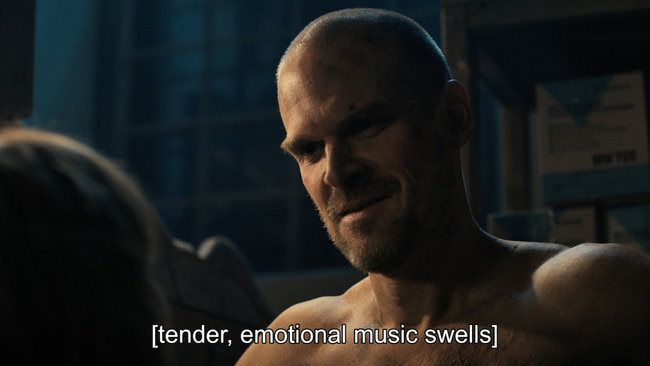
“Obviously we’re trying to encompass the genre, the feel of the moment. But when we’re saying something that’s specific to the deaf and hard of hearing audience, it’s never just for one part of that audience,” she said.
“They don’t split subtitles just for people who [have been] deaf since birth – there are people who’ve lost their hearing as their life has progressed or people with partial hearing loss.
“These subtitles have to be there for all of those levels of hearing loss.”
“At the end of the day, I hope people understand that this is about accessibility and expanding who gets to enjoy the narrative that we foreground in the culture,” Jeff T added.
Originally published as ‘Squelching wetly’: How Stranger Things raised the bar for accessible entertainment



